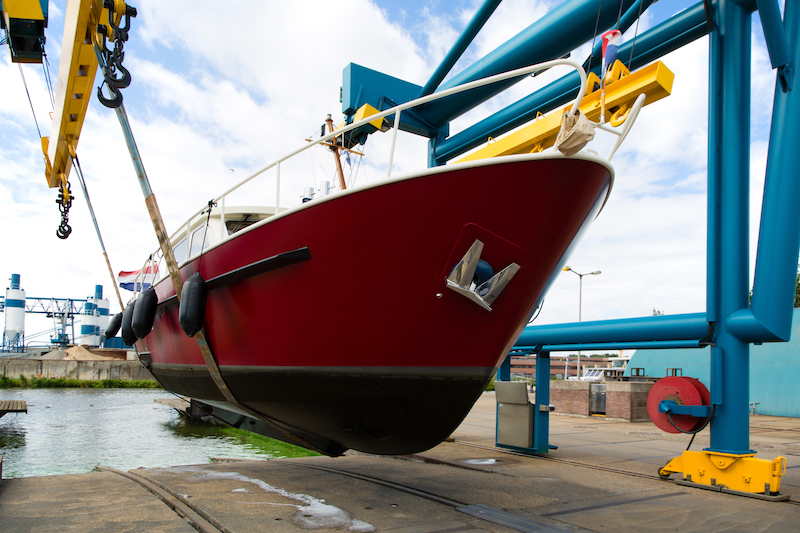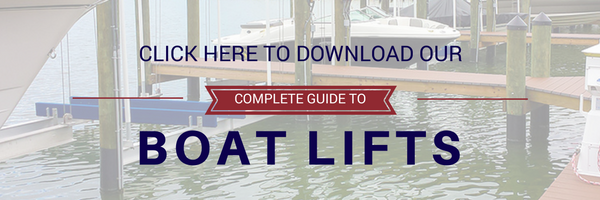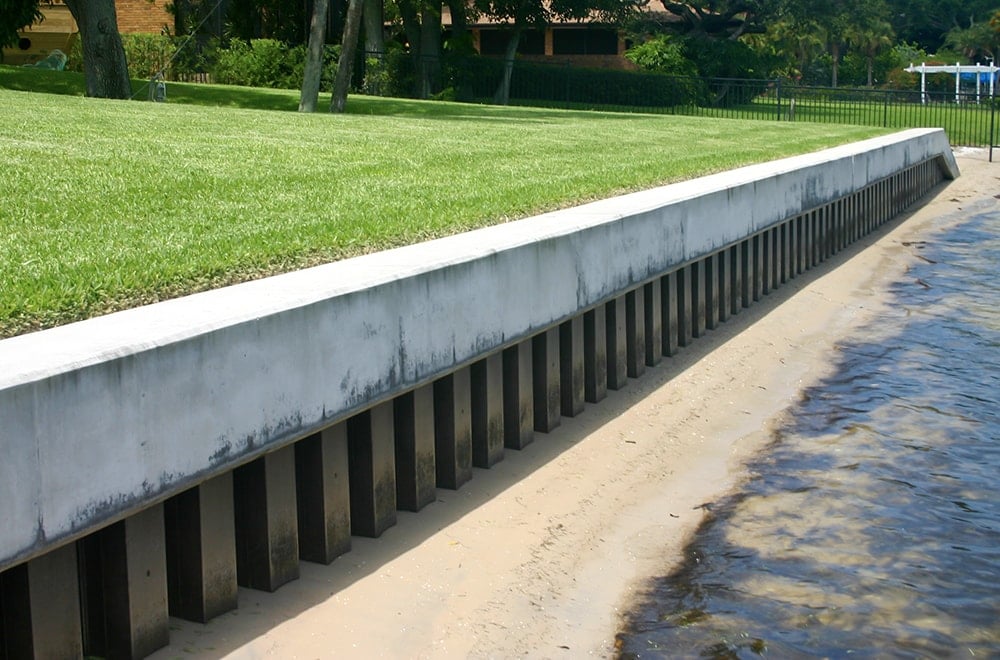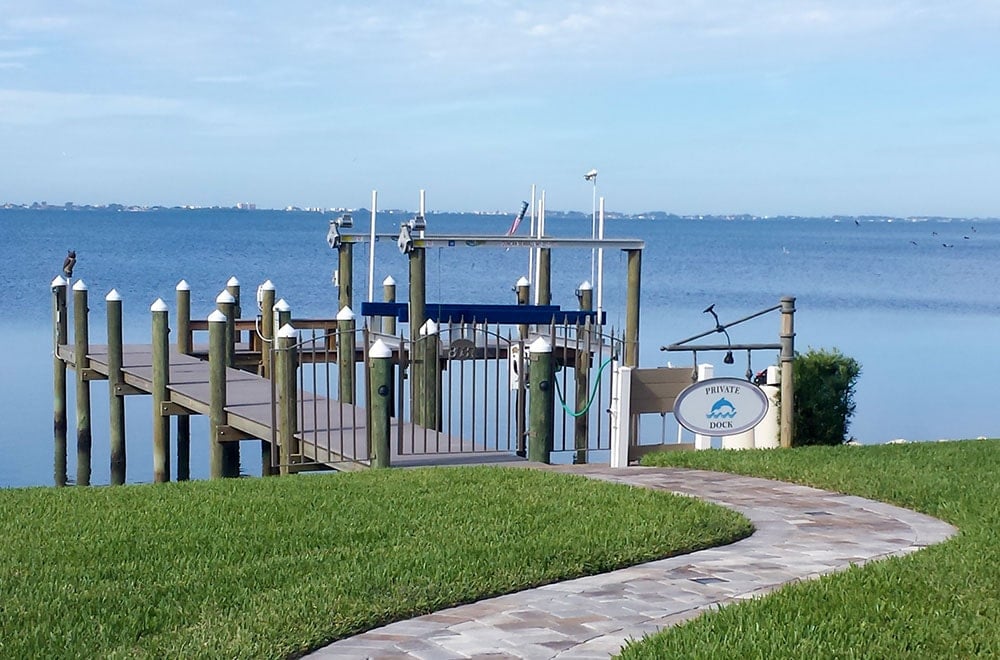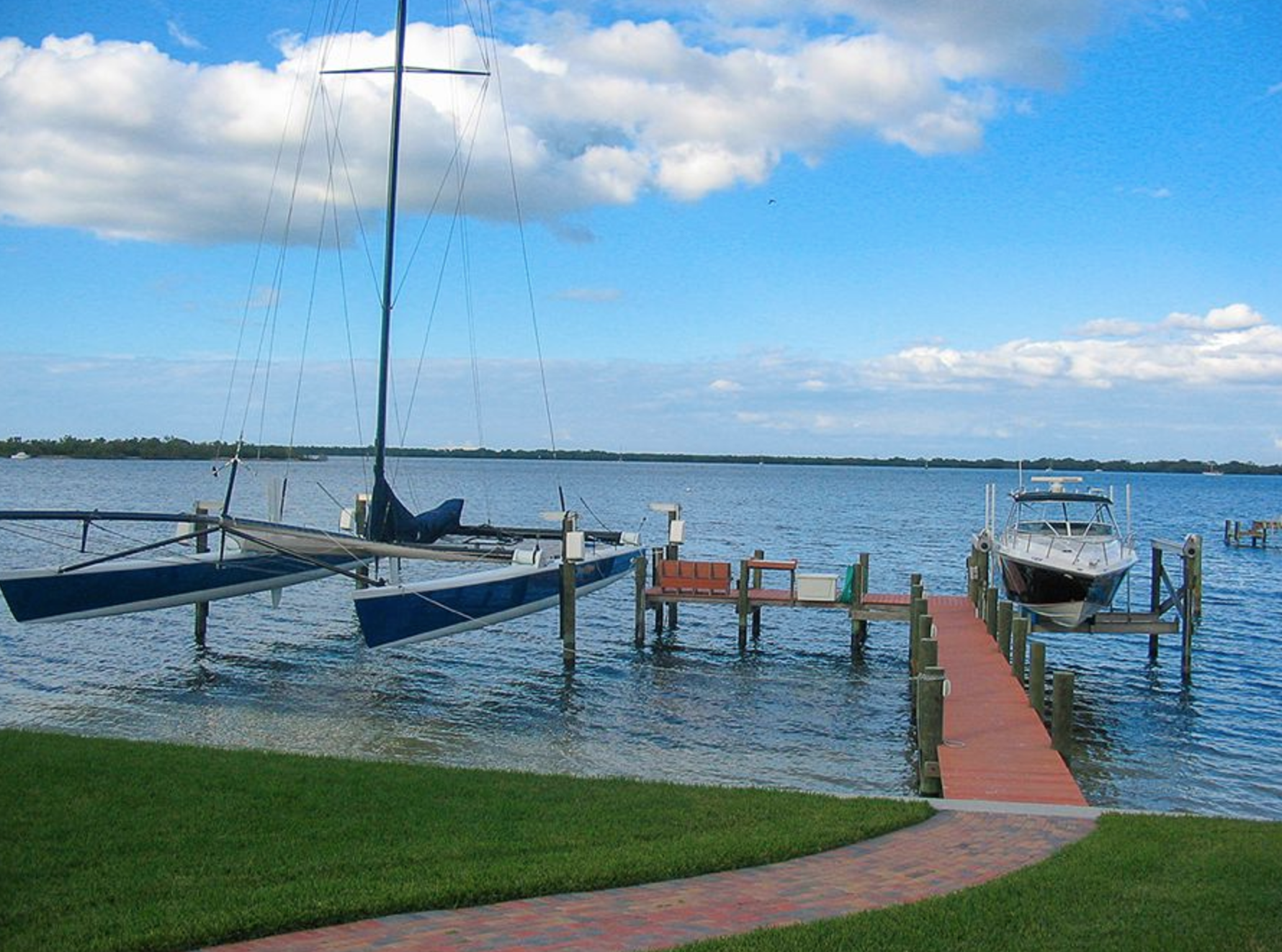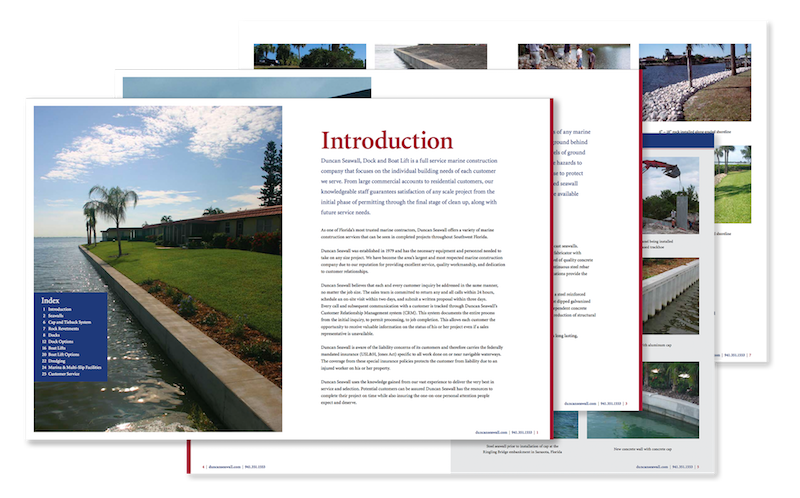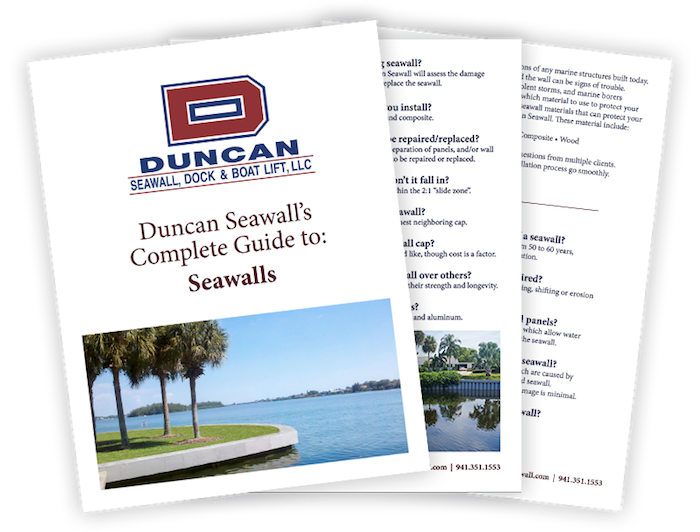Whether the boat in question is a small PWC or a large sailboat, owners will benefit by using a boat lift for protection, convenience, and enjoyment. Living in a home or operating a business along a waterway gives boat owners a convenient location to store and use their boats seasonally or year-round, yet without a boat lift, their boats will be subjected to deterioration and other damages caused from prolonged exposure to water. For boat owners already convinced of the benefits of using a boat lift, here are 3 considerations to make when choosing one.
Related Blog: 7 Must Have Golden Boat Lift Accessories
Size and Weight of Boat
The first consideration to make when choosing the right boat lift is making sure it can handle the size and weight of the boat in question. What is the weight capacity of the boat lift and what size can it handle?
While there are boat lifts available for larger boats, the options become limited when dry weight is over 30k lbs. For larger yachts, pontoons, trawlers, and other larger boats, an eight-post boat lift is the best option; eight-post boat lifts have dual posts and a motor on each of the four corners.
For boats with a dry weight of 30k lbs or less, boat lift options expand to include:
- Four-post boat lifts
- Elevator boat lifts (can handle up to 40k lbs)
- Tornado Boat Lifts (no motor, hydraulic lift) from Golden Boat Lifts
- Dock lifts
- Floating dock lifts
- Single track boat lifts (3k lbs max)
- PWC boat lifts
When choosing a boat lift, owners must first consider the weight of their boats with normal usage. This includes the gas, fresh water in tanks, onboard equipment, canopy, and any other added weight on their boats. With this realistic weight in mind, owners should choose a boat lift with a higher weight capacity rating to ensure there's a buffer.
Having a weight buffer is important, as owners want to avoid pushing boat lift motors and components to their limits. Boat lifts will be safer to operate and last longer when not strained with excessive weight. An article on BoatU.S. called: "Boat-Lift Blues And Falling Boats", written by Bob Adriance, explains the dangers of exceeding the boat lift's capacity:
"The boat landed on the twisted metal stump of the just departed strut, punching a hole in the hull. Before he could find an emergency pump, the boat sank.
The owner learned a tough lesson about his boat's lift: The rated capacity (usually on a label) is its lifting capacity. A lift rated for 6,000 pounds, for example, is not designed to lift boats that weigh 6,100 pounds..."
Access Area to Waterway
Another consideration to make when choosing a boat lift is evaluating the type of access area to the waterway. Is the access to the waterway limited in some manner? If it's a remote area without access to electricity, a hydraulic Tornado Boat Lift may be the best option, or maybe the waterway is too narrow for pilings and needs an elevator boat lift, etc.
Evaluating the access point to the waterway will help owners understand what type of boat lift is possible and most suitable for the application.
Decking and Accessibility to Boat Lift
Finally, boat owners must consider what kind of decking and accessibility they want when it comes to choosing their boat lift. For some owners, access to the underside of their boats for cleaning might be a priority, while others may prioritize the accessibility around the boat lift, such as the decking and covering options.
Floating dock lifts, 4 post lifts, deck lifts, and other boat lift options and dock accessories give boat owners the ability to customize their boat lift area to suit their unique preferences and needs. This may be as elaborate as a covered boat lift area surrounded with luxury amenities, or as simple as a PWC boat lift with a swivel design on a small dock.
Having a covered boat lift area would ensure the best protection for boats and lifts, while also providing a great place to maintain and access them for use. Whether for practical reasons or not, boat lifts and the areas around them can be customized according to each owner's preference.
Ultimately, boat owners should consult with boat lift expertise to find the right solution. If interested in learning more please contact Duncan Seawall today.



